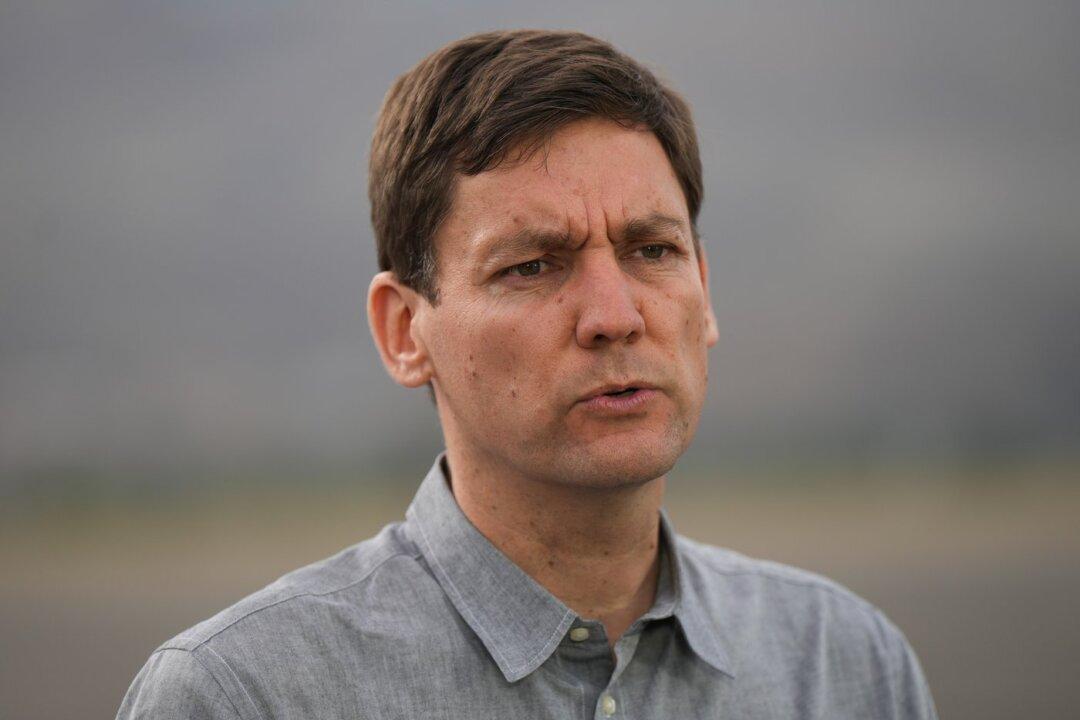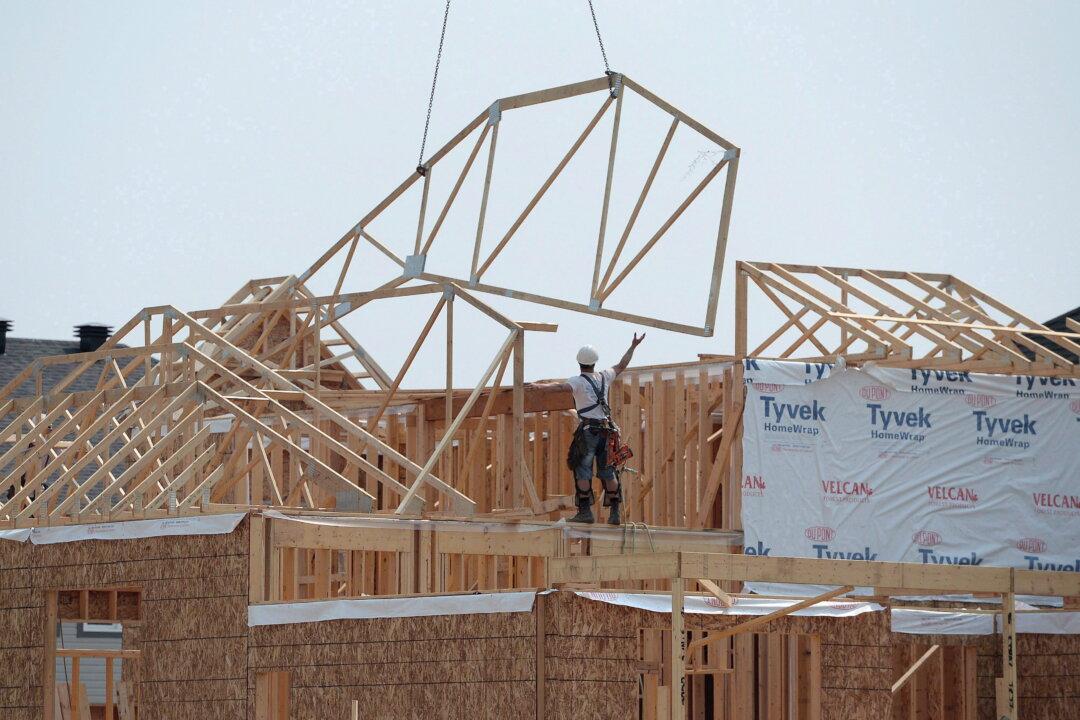B.C. Premier David Eby says he will drop the provincial carbon tax if the federal government removes the legal requirement to keep it in place.
Eby made the comments at an unrelated news conference on Sept. 12, after NDP leader Jagmeet Singh signalled his party did not favour the Liberals’ version of the consumer carbon tax. Singh said that the current tax puts a burden on the “backs of working people” and that his party would introduce its own climate change policies, but didn’t confirm whether that includes a consumer carbon tax.





